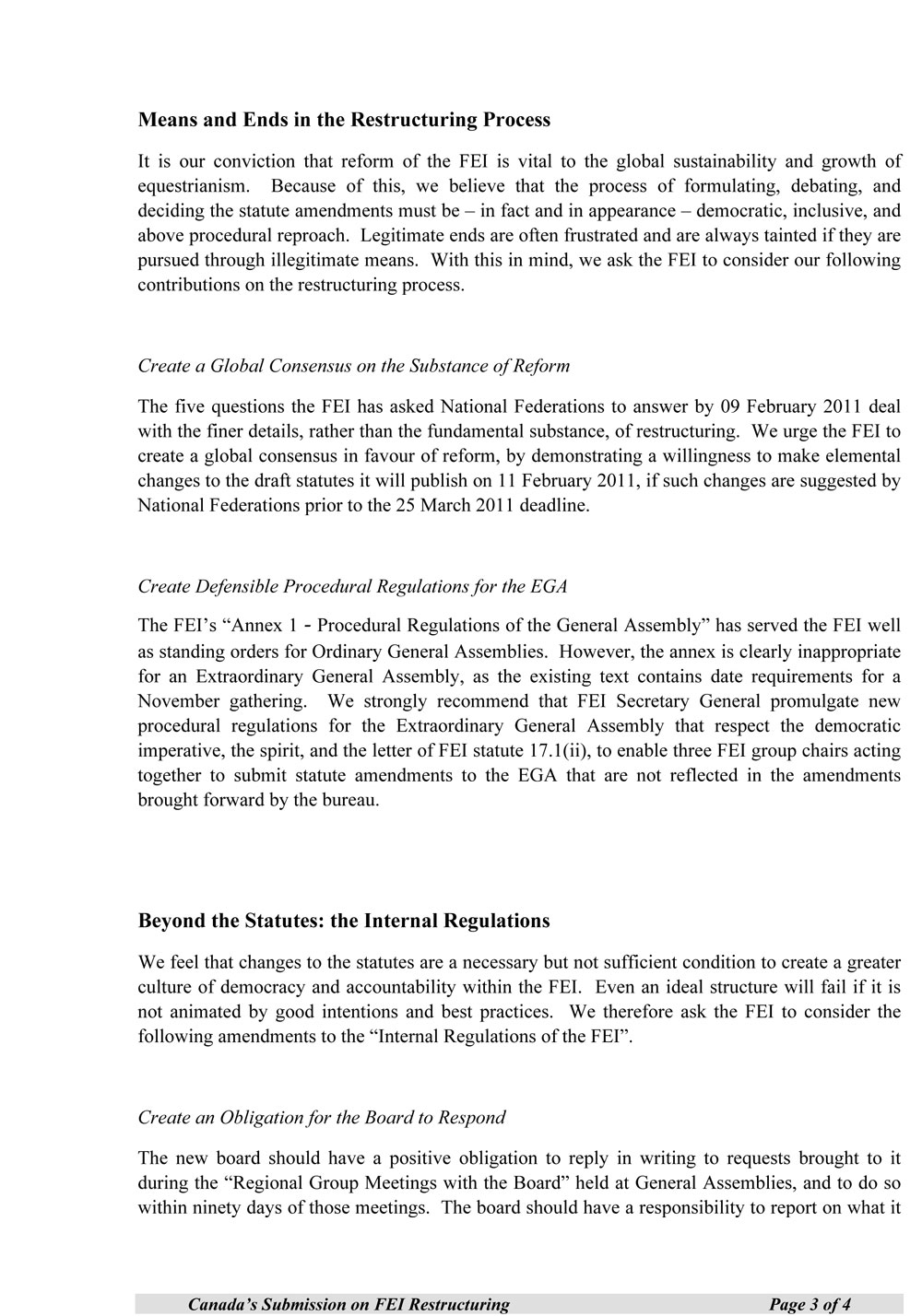Kentucky Sports Betting Generates Close to $8 Million in Tax Revenue
Sports betting has become a lucrative industry in many states across the United States, and Kentucky is no exception. In recent years, the Bluegrass State has seen a significant increase in tax revenue generated from sports betting, with close to $8 million being collected in the past year alone.
The legalization of sports betting in Kentucky has opened up new opportunities for both the state and its residents. Not only does it provide a safe and regulated platform for sports enthusiasts to engage in their favorite pastime, but it also generates substantial tax revenue that can be used to fund various public services and initiatives.
One of the main reasons why sports betting has been so successful in Kentucky is its strategic location. The state is home to several professional sports teams, including the Kentucky Derby, which attracts millions of visitors each year. This influx of tourists has contributed to the growth of the sports betting industry, as many visitors are eager to place bets on their favorite teams or horses.
In addition to the tourism factor, the convenience of online sports betting has also played a significant role in its success. With the advent of mobile apps and online platforms, Kentuckians can now place bets from the comfort of their own homes or while on the go. This accessibility has made sports betting more appealing to a wider audience, resulting in increased participation and, subsequently, higher tax revenue.
The tax revenue generated from sports betting in Kentucky is allocated towards various sectors, including education, healthcare, infrastructure, and public safety. These funds help improve the overall quality of life for residents by supporting schools, hospitals, road construction projects, and law enforcement agencies.
Furthermore, the legalization of sports betting has also created job opportunities within the industry. From bookmakers to odds compilers and customer service representatives, the sports betting sector has created employment opportunities for many Kentuckians. This not only boosts the local economy but also reduces unemployment rates and stimulates economic growth.
However, it is important to note that responsible gambling practices are crucial to ensure the sustainability and integrity of the sports betting industry. Kentucky has implemented strict regulations and safeguards to protect consumers and prevent problem gambling. These measures include age verification processes, self-exclusion programs, and responsible gambling campaigns.
In conclusion, sports betting has proven to be a lucrative source of tax revenue for Kentucky. With close to $8 million generated in the past year alone, the industry has provided a significant boost to the state’s economy. The combination of strategic location, online accessibility, and responsible gambling practices has contributed to its success. As the industry continues to grow, it is expected that tax revenue will increase further, benefiting both the state and its residents.
